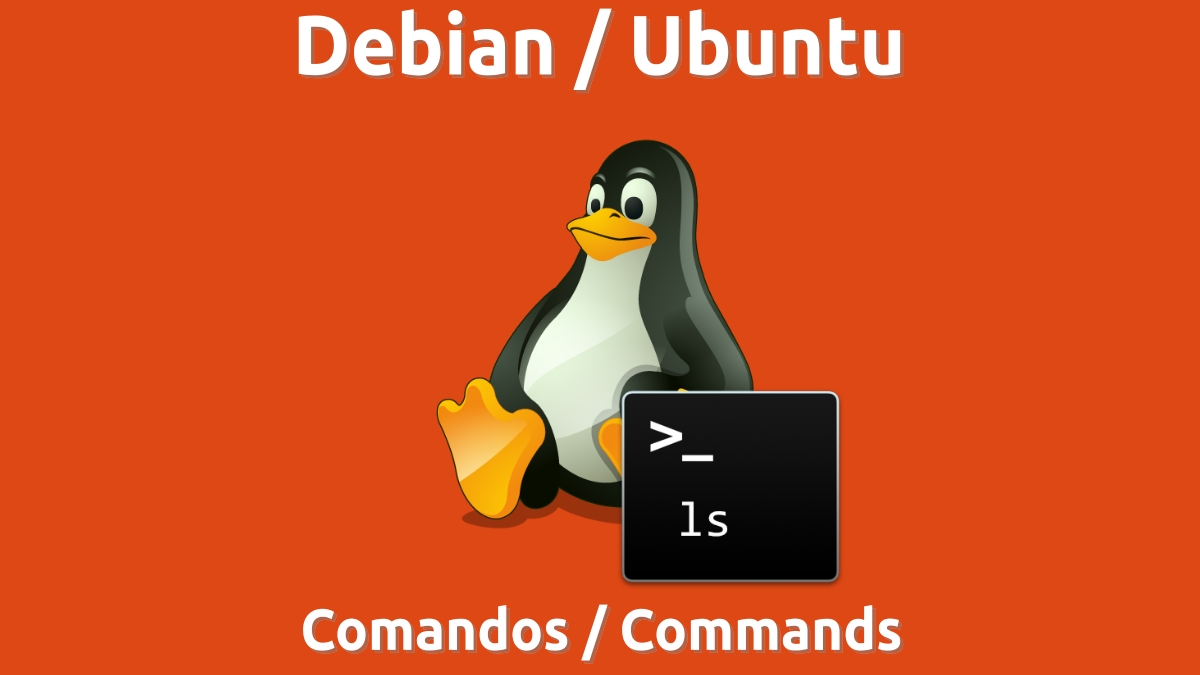
Basic Commands for Debian / Ubuntu Distros Newbies
One of the most beautiful and useful things that we can highlight in the field of Free Software, Open Source and GNU / Linux, It's the power do community. And this is usually shown helping others, both to start and to stay in the use of the various Distros and their programs.
Consequently, today we will offer a small Fast guide with a useful list of "Basic Commands for Debian/Ubuntu Distros Newbies". So that we have them at hand, and share with those who start in GNU / Linux by the hand of these Distros or some of their derivatives.

And, before starting this post about some "Basic Commands for Debian/Ubuntu Distros Newbies", we recommend that you then explore the following related contents:
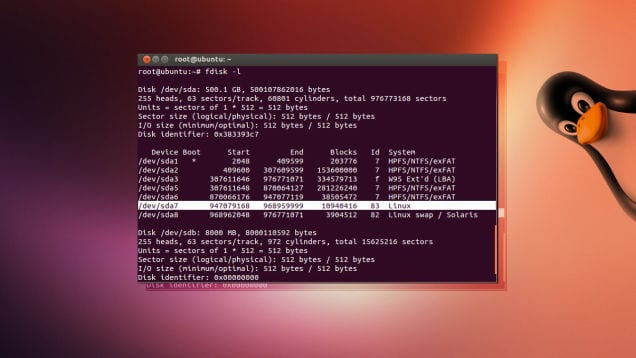

Quick guide to basic commands for novice users
25 Basic Commands for Debian and Ubuntu Based Distros
apt
apt update: Update repository package lists.
apt upgrade: Update packages from repositories safely.apt full-upgrade: Update the packages from the repositories completely.
apt dist-upgrade: Upgrade the current OS version to the next available one.
apt install -f: Solve problems installing packages and their dependencies.
apt install --fix-broken: Solve problems related to broken packages.
apt remove nom_paq: Delete packages. Also, it can be used without the name.
apt autoremove: Automatically remove all unused packages.
apt purge nom_paq: Remove packages completely. Also, it can be used without a name.apt autopurge: Automatically and completely remove all unused packages.apt clean: Remove all .deb packages, downloaded to the package store directory.
apt autoclean: Removes all packages from the package store, which can no longer be downloaded.
apt install nom_paq_repo: Install a certain package from the repository by name.
apt install /dir_paq/nom_paq.deb: Install a downloaded package by name.apt list *nom_paq*: List packages by matching a search pattern.apt list --upgradeable: List the packages available for updating.apt show nom_paq: Show the data and relevant information of a package from the repository.apt search nom_paq: Show existing packages that match the search pattern.apt edit-sources: Open, in edit mode, the main software sources (repositories) file.
dpkg
dpkg -i /dir_paq/nom_paq.deb: Install a downloaded package by name.
dpkg --configure -a: Finish configuring all unpacked and discontinued packages.
Update
update grub: Update the GRUB (Multiple Boot Loader v1) installed on the disk/partition.
update grub2: Update the GRUB (Multiple Boot Loader v2) installed on the disk/partition.update-menus: Automatically generate and update the content of the Menu System.
update-alternatives --all: Manage all OS symbolic link information.
Note: Note that most of the commands shown with the current package manager «apt», has its equivalent with the previous, but still valid, package managers «apt-get" Y "aptitude». And also, with the modern package manager «Nala».
Lastly, and as a little bonus, 2 useful command commands so you can wipe entire OS via terminal using the existing pre-settings of the application BleachBit:
bleachbit --preset --preview:bleachbit --preset --clean:
While for learn more about using commands and the terminal, we invite you to explore our publications on cheat.sh y kmdr CLI.
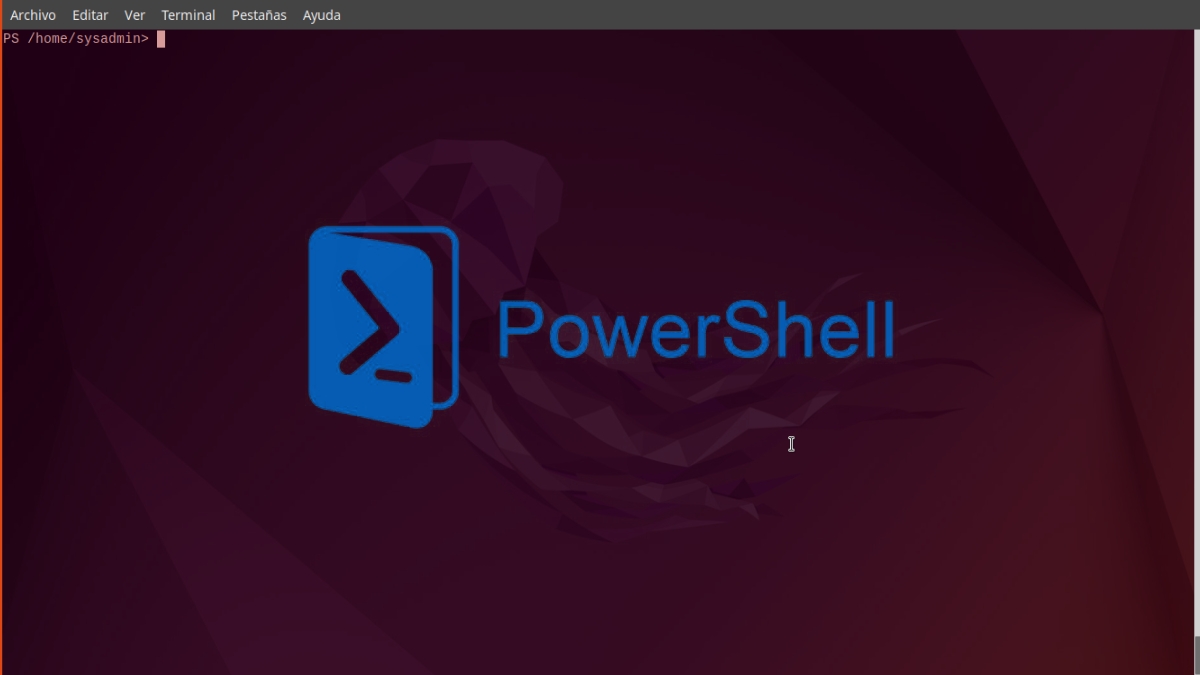
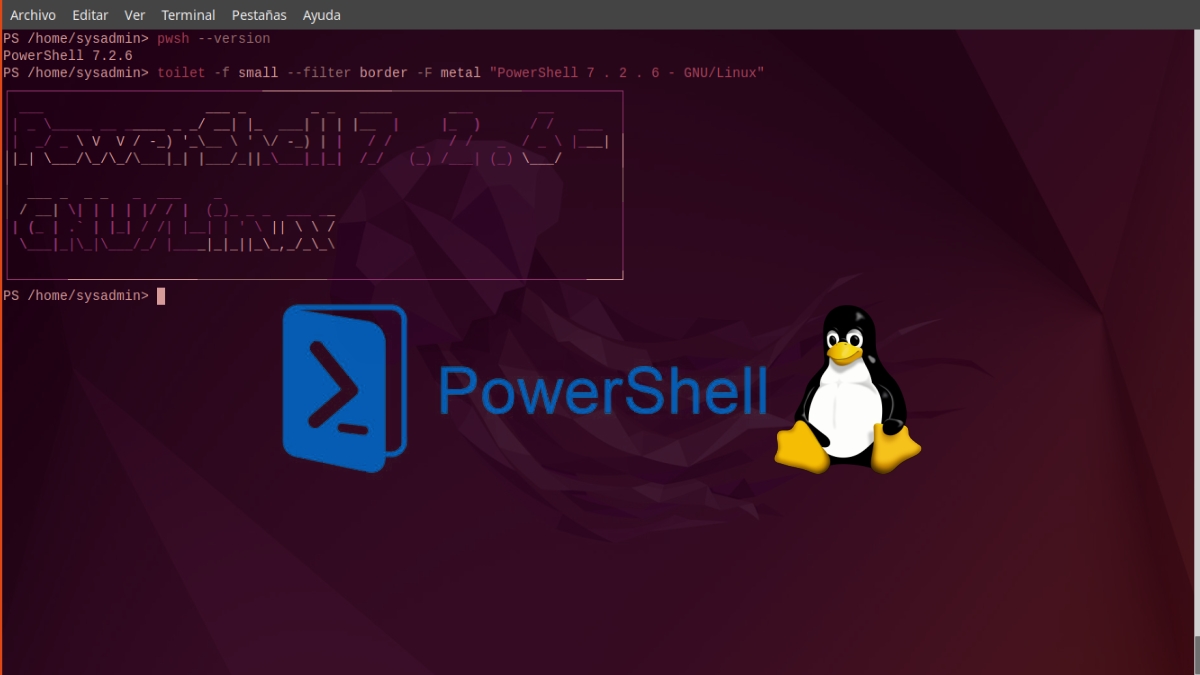
Summary
In short, we hope you like this useful new Fast guide de «Basic Commands for Debian / Ubuntu Distros Newbies». And if you know of any other useful and frequent terminal command, capable of being useful to a novice or beginnerit will be a pleasure to meet you through the comments, for the knowledge and enjoyment of all.
Also, remember, visit the beginning of our «site», in addition to the official channel of Telegram for more news, tutorials and Linux updates. West group, for more information on today's topic.
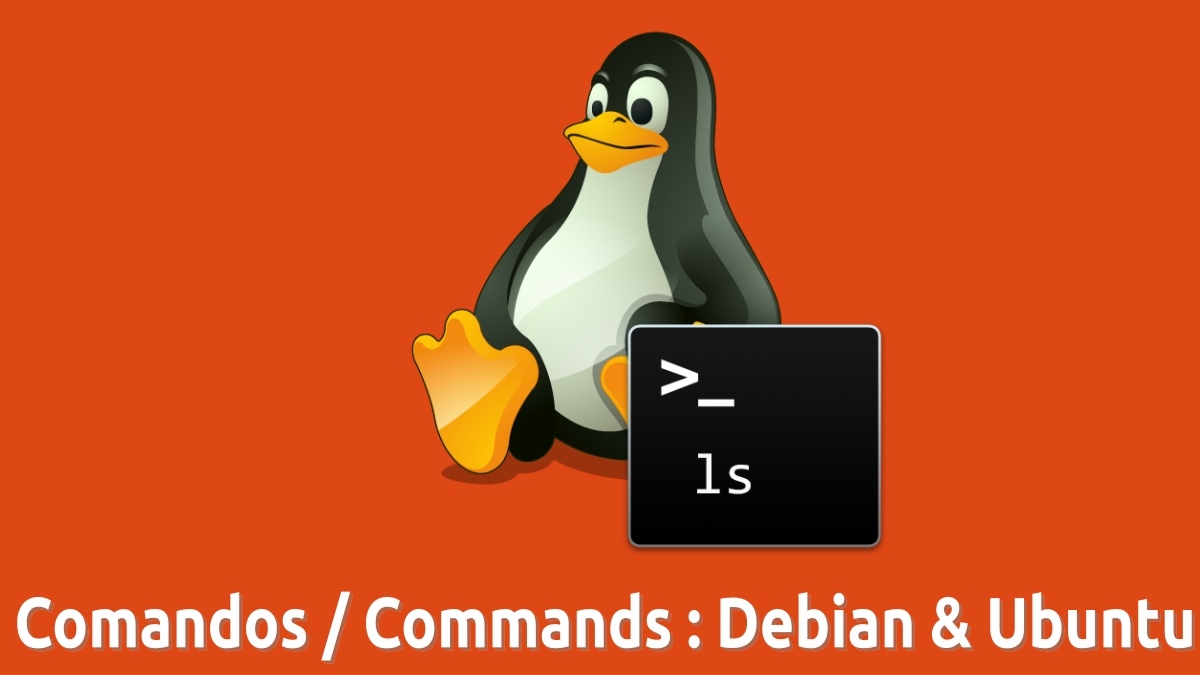

Very good article, it seems good to me that the most useful basic commands are disclosed for the knowledge of all those people who are new to this wonderful world of free software
Excellent help for Linux newbies Congratulations for those articles
Regards, Jose Avila. Thanks for your comment and congratulations on our series of basic commands for Linux newbies/beginners. We hope to continue contributing more chapters of this series for their benefit.
Excellent documentation for those of us who are new to this beautiful world of free software. Knowledge is freedom. Thank you for helping us to be free.
Regards, Raphael. Thank you very much for your comment. And we are very happy that the content is very useful and appreciated by many.